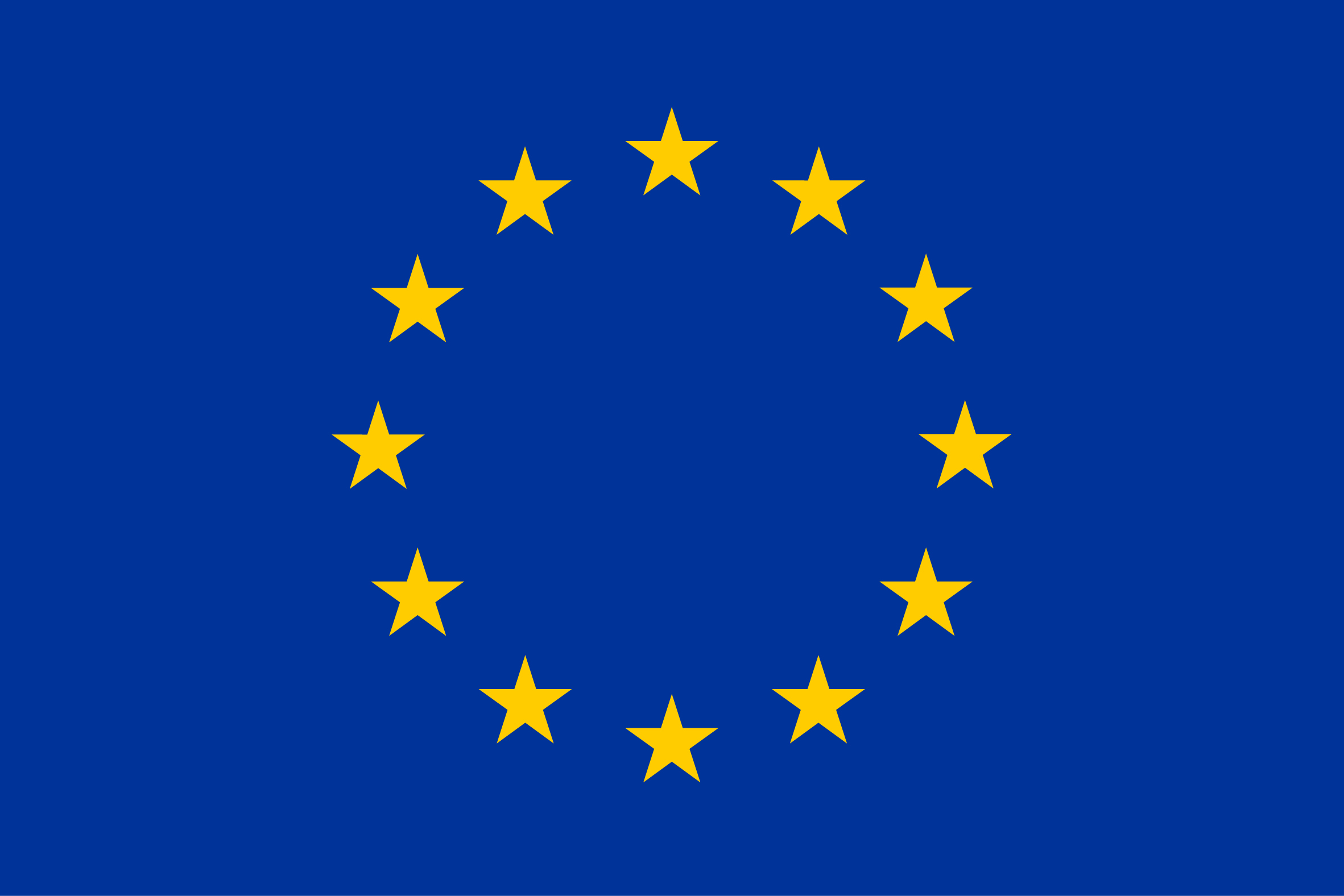CERES for Blue Growth
CERES advances a cause-and-effect understanding of how climate change will influence Europe’s most important fish and shellfish resources and the economic activities depending on them. It will provide tools and develop adaptive strategies allowing fisheries and aquaculture sectors and their governance to anticipate and prepare for adverse changes or future benefits of climate change:
We want to make our research relevant for you.
If you are willing to share your thoughts and experience, get involved into CERES activities or just want to get deeper insights:.
The ambition of CERES….
… is to provide a step change in the knowledge, tools and technologies needed to successfully adapt European fisheries and aquaculture sectors in marine and inland waters to anticipated climate change. CERES addresses the urgent need to invest in and apply innovative and adaptive industry tools and management strategies for fisheries and aquaculture activities. CERES intends to develop a solution space, where risks, challenges, opportunities and uncertainties are communicated and used with stakeholders to enhance the resilience and support the development of adaptive management and governance systems in these blue growth sectors. Indeed, one of the greatest innovations of CERES is to determine whether, how and where the seemingly adverse impacts of CC can produce opportunities for new aquaculture production systems and species, and profitable changes to fisheries in terms of species, areas and methods.

The EU now requires fishing to be environmentally sustainable, economically viable and socially acceptable to provide long-term European food security given prevailing and future climatic conditions. EU Policies, intended to also boost aquaculture and Strategic Guidelines, have been published outlining common priorities and general objectives. Climate change will affect the capacity to achieve these ambitions and a greater understanding is urgently needed to ensure that management measures remain appropriate and achievable. To specifically address these challenges, CERES will involve and closely cooperate with industry and policy stakeholders to:
- Provide regionally and industry relevant, short-, medium- and long-term future projections of key environmental variables for European marine and freshwater ecosystems;
- Integrate the resulting knowledge on changes in productivity, biology and ecology of wild and cultured animals (including key indirect/food web interactions), and ‘scale up’ to consequences for shellfish and fish populations and assemblages as well as their ecosystems and economic sectors
- Anticipate responses and assist in the adaptation of aquatic food production industries to underlying biophysical changes, including the development of early warning methods, new operating procedures, infrastructures, location choice and commercial markets
- Assess relative exposure, sensitivity, vulnerability and adaptive capacity within the European fisheries and aquaculture sectors;
- Consider market-level responses to changes (both positive and negative) in commodity availability as a result of climate change;
- Apply innovative risk-assessment methodologies that encompass drivers of change, threats to fishery and aquaculture resources, barriers to adaptation and likely consequences if mitigation measures are not put in place;
- Formulate viable autonomous adaptation strategies (solutions) within the industries to circumvent/prevent perceived risks or to access future opportunities;
- Formulate policy guidelines (solutions) and highlight management challenges where established governance structures may hinder successful adaptation to long-term climate change.
- Effectively communicate these findings and tools to potential end-users and relevant stakeholders.
The CERES project itself is named after the Roman goddess of agriculture and fertility, emblematic of the EU’s ‘blue growth’ agenda. The total budget for CERES will be €5.58 million and the project will run over 48 months (2016-2019).

This project receives funding from the European Union’s Horizon 2020 research and innovation programme under grant agreement No 678193 (CERES, Climate Change and European Aquatic Resources).The content of this website does not reflect the official opinion of the European Union. Responsibility for the information and views expressed therein lies entirely with the author(s).
Coordinated by: Universität Hamburg, Germany
